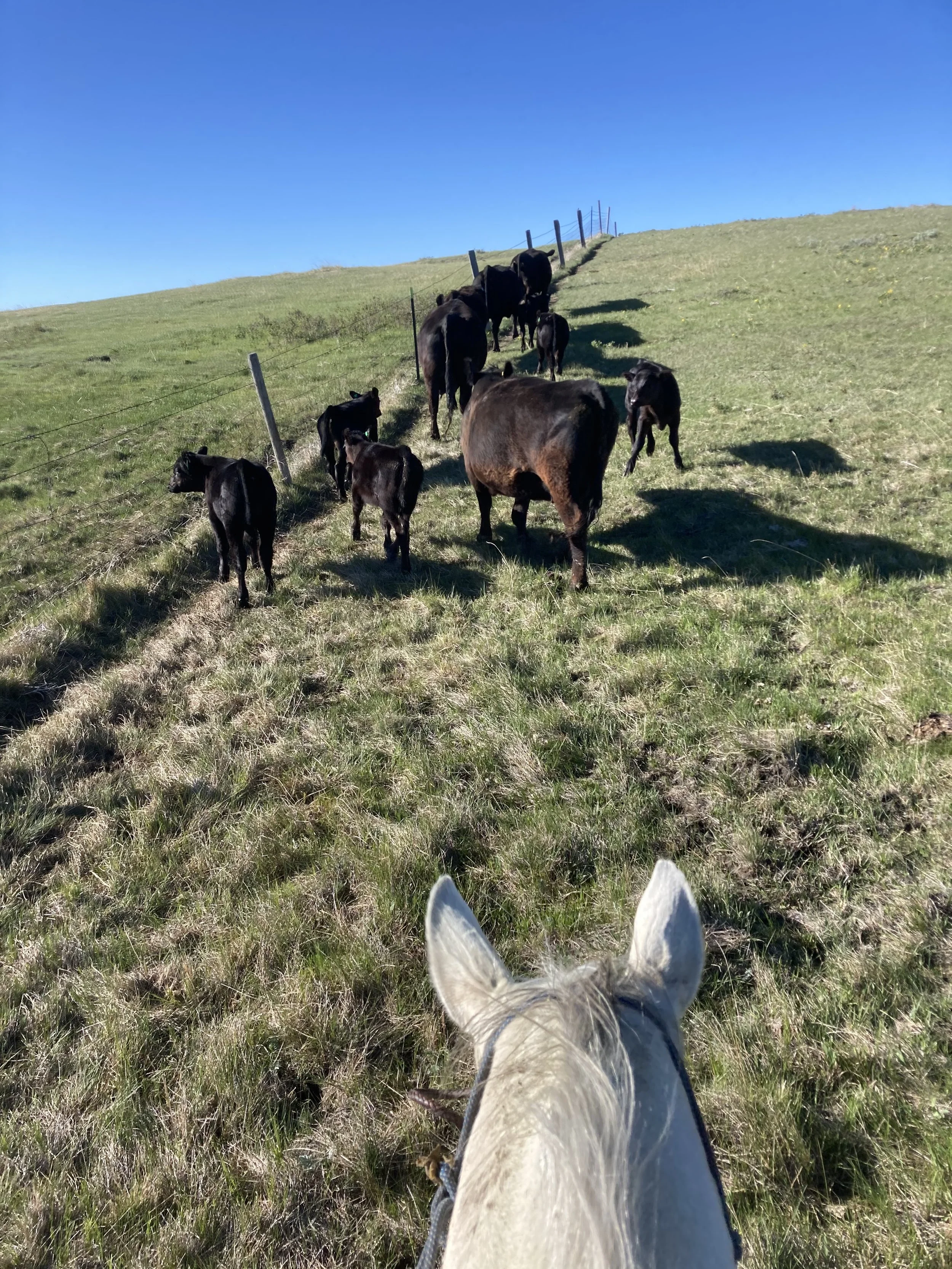Freedom, Responsibility and Chocolate Chips
My friend, Cori, created a podcast to talk about freedom.
Creating a podcast is ambitious in and of itself, but Cori goes beyond ambitious to explore what freedom means.
He admits that most Americans have individual assumptions about personal freedom and, to some, even exploring what freedom means and challenging those individual assumptions could be construed as unpatriotic.
Yet, Cori argues that avoiding a discussion of what freedom means and those individual assumptions might lead to losing that freedom.
That thought piqued my interest.
I haven’t listened to all of Cori’s episodes of A Freedom of Ideas. When I do listen, I pause his podcast frequently so I can consider a point or argue with him in my mind.
One of Cori’s ideas about freedom is that freedom is inextricably tied to responsibility.
The more freedom each of us accepts, the more responsibility each of us must assume.
More responsibility limits our available choices because each of us eliminates the irresponsible alternatives.
So, Cori ponders, does unlimited freedom insist on more responsibility, which limits choices so limits freedom.
I think this question should be reversed.
I first experienced the unlimited freedom to choose from unlimited behaviors when I worked on a ranch on Utah’s West Desert.
In my mid-20s, I lived in a 200-mile-long valley where we could count all of the residents before reaching 400.
Most of those people lived in or near Great Basin National Park, while the rest of us were scattered among the greasewood and sage.
We all knew the desert could kill us at any moment, with nobody there to save us.
Mostly, it didn’t.
We had a party line for a telephone. For years, the phone line hung along fenceposts.
The area was last to receive electricity in the mid-1970s.
One sheriff’s deputy and his German Shepherd patrolled the entire valley.
At times, we didn’t drive the 140 miles to the nearest blinking traffic light for more than a month.
Once, we didn’t go to town for three months, until I was left with rice and canned tomatoes to fortify the beef in the freezer for supper.
We needed chocolate chips.
It soon became clear that I could do whatever I wanted.
If I could outsmart the deputy, nobody would stop me.
Others obviously recognized the benefit of the West Desert, too.
Periodically, a wanderer would appear, work and collect wages for awhile and then disappear into the night.
One wrote a poem for us.
Another traded a beaded Winchester 30-30.
A day or two later, a law enforcement officer would knock on the door with questions.
I never knew why one was running away or how he heard the other was coming.
As I trailed cattle miles out to vast pastures, I thought about our visitors and the consequences of their choices, how they sacrificed their freedom to remain in a place and build a life by invoking their freedom to choose to break society’s rules.
As my horse wove back and forth behind cows, I thought about how I wanted to live.
I wrote my own personal code of conduct.
I chose who I would be, regardless of any rules imposed by society.
I had the freedom to choose so I chose to accept responsibility for my actions.
When I selected my personal code of conduct, I created more choices and more opportunities for myself.
More freedom.
I could stay or go, live where I chose, work at the job I wanted, learn about ideas that interested me, and spend my money where I preferred.
And I could sleep well at night.
Cori is right: Responsibility is inextricably tied to freedom.
More responsibility creates more freedom.
